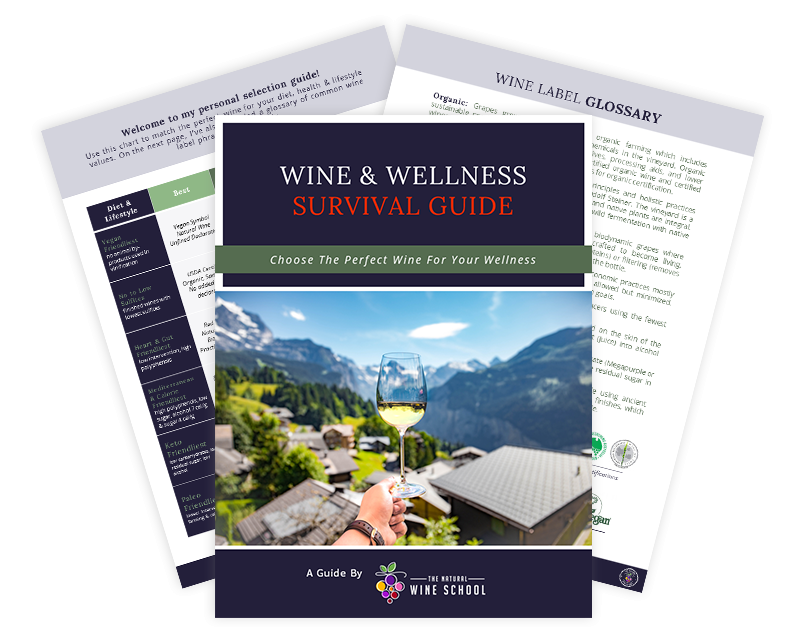Separately They Have Benefits
Wine and exercise are both known to have health benefits. Red wine, in particular, is rich in polyphenols and antioxidants, is known for being heart-healthy, while the list of benefits from physical activity goes on and on. These range from preventing chronic health conditions such as cardiovascular disease and diabetes to strengthening bones, muscles, and improving mental health. In fact, studies show an emerging trend of physically active, health-conscious individuals drinking more than sedentary people (1).
But what happens when they are taken together? Think about
the Hash
House Harriers also known as the “Drinking Club with a Running Problem”
who start with a beer before heading off on a trail run, have a beer or two
along the way and finish off at the pub? Or Drunk Yoga, where participants
not only balance themselves but a plastic tumbler of wine as well?
What is Alcohol Considered
Nutrition-wise?
Nutritionally, alcohol can be
used as a potential energy source. It provides 7kcal per gram which is more
than carbohydrate or protein (each 4 kcal/gram), but less than fat
(9kcal/gram).
The human body doesn’t need it to function. Because of this, alcohol is
overall considered an anti-nutrient. An intake greater than recommended
per the dietary guidelines (1 standard drink per day for women and 2 for men)
has a disadvantageous effect on our metabolism, hydration, temperature
regulation, and vitamin/ mineral status (2).
So, What is the Impact of Drinking Before,
During, and After Activity?
With the ingestion of alcohol, our
regular metabolism comes to a halt as our liver prioritizes the breakdown
of alcohol. It takes approximately 1 hour per standard unit for the liver to
clear alcohol from the body.
Our brain and body typically use glucose for
fuel which is stored as glycogen in our liver and muscles. Our body slowly
releases glucose throughout the day so we can maintain mental alertness and
move our body as needed. In the case of prolonged aerobic activity, we can
switch to using our fat stores. Even with low levels of ethanol in the body,
the process of using glucose and fat storage is paused. Fat loss from
exercise is put on hold. Performance is more likely to suffer from
exercise that is longer in duration as we won’t readily be able to access our
stores in the way nature intended.
Surprisingly, the few studies done on the
subject show acute intake of alcohol seems to have little effect on
resistance exercise performance, however, it has been shown to reduce
protein synthesis afterward, meaning you won’t be reaping the benefit of muscle
growth and adaptation following exercise (3).
Alcohol also acts as a diuretic meaning it increases water
excretion from the body and we all know how important it is to maintain
hydration during physical activity. That is why you’ll likely be hitting the
loo more frequently on a night out (or a porta-potty in the case of a Wine
Dash!). Not exactly ideal if you are going for a personal best!
If alcohol is dilute enough or you’re also
drinking enough non-alcoholic fluids, you can likely still keep hydrated
granted you have an adequate intake of sodium as well.
Take-Home Message:
Overall, from a physical point of view,
there’s enough evidence to recommend against alcohol during activity especially
if your main goal is performance and your event is the following day. However,
there is more to life than the time on your stopwatch.
As with the Hash House Harriers or Drunk Yoga,
people join in to make friends, have fun, and create memories.
As Ben Greenfield, health and longevity expert says,
“the social enjoyment, the dopamine release, the mental satisfaction that you may get from sitting back and enjoying a couple of drinks after a nice hard run may outweigh any positive physical benefits when it comes to your total happiness and longevity.”
- Leasure JL, Neighbors C, Henderson CE, Young CM. Exercise and Alcohol Consumption: What We Know, What We Need to Know, and Why it is Important. Front Psychiatry. 2015;6:156. Published 2015 Nov 2. doi:10.3389/fpsyt.2015.00156
- Benardot, D. (2012). Advanced sports nutrition. 2nd ed. Champaign, IL: Human Kinetics.
- Duplanty AA, Budnar RG, Luk HY, et al. Effect of Acute Alcohol Ingestion on Resistance Exercise-Induced mTORC1 Signaling in Human Muscle. J Strength Cond Res. 2017;31(1):54-61.



